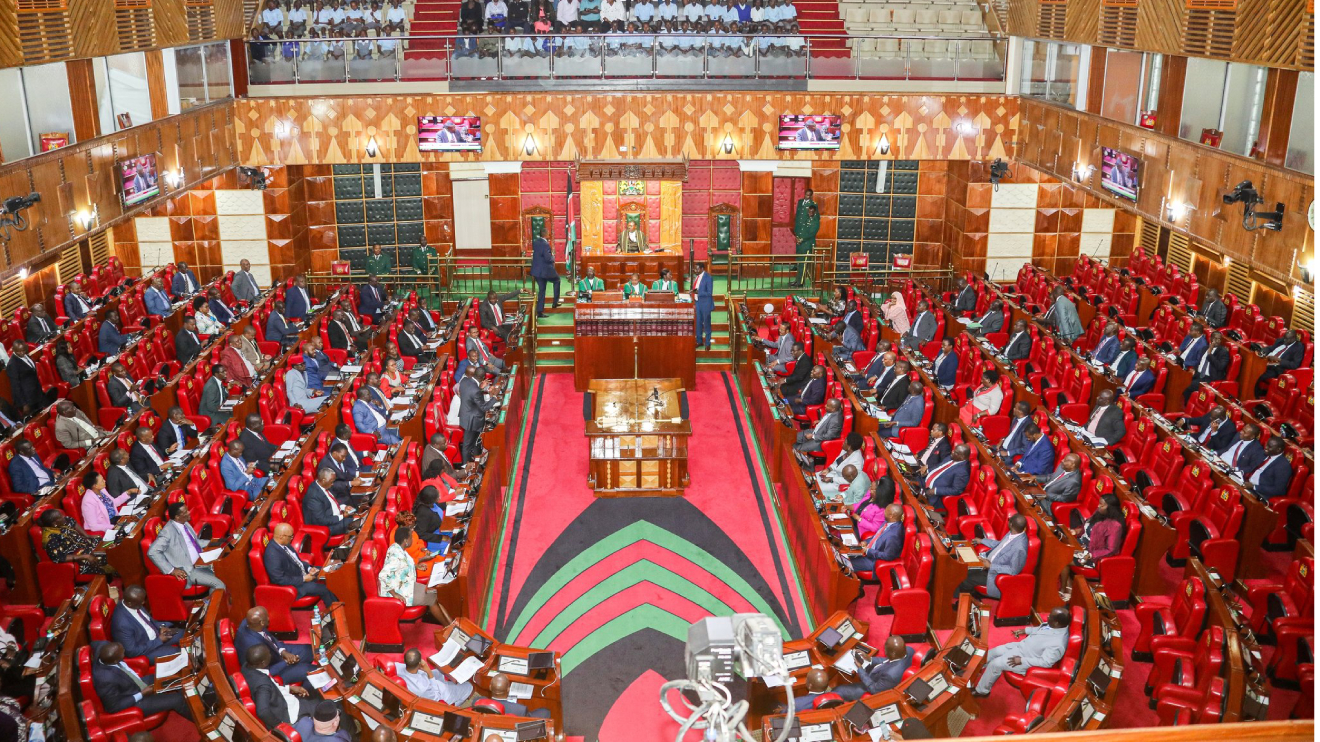Senators have faced a resounding rejection from Members of Parliament in their efforts to extend their role in examining the country's escalating debt, as outlined in proposed amendments to the Public Finance Management (National Assembly) (Amendment) Bill, 2023.
The proposed amendments sought to grant Senators access to crucial reports concerning the nation's debt status and the government's borrowing practices, with these reports to be presented by the Treasury Cabinet Secretary.
In a bid to enhance transparency and oversight, the reports would be simultaneously submitted to both the National Assembly and the Senate, affording the latter the authority to scrutinize, deliberate upon, and pass resolutions on the findings and recommendations.
However, these proposed changes were met with stern opposition from the National Assembly Majority Leader, Kimani Ichung’wah.
"The amendments to the Bill as proposed by the Senate would be detrimental, especially to our work as the National Assembly. This would curtail the function of the House in the consideration of the national government budgets when submitted. This is solely under the purview of the National Assembly," Ichung’wah vehemently contended.
Read More
The bedrock of the National Assembly's resistance lies in the 2010 Constitution, which unequivocally confers exclusive powers upon them to scrutinize, review, amend, and offer recommendations on national government expenditure.
MPs argue that involving the Senate in these activities would not only disrupt budget timelines but also add an unwelcome layer of bureaucracy to the implementation of the national government budget.
Ichung’wah further explained the implications of dual-house consideration of debt reports, stating, "The considerations of reports (on debt) by both Houses could lead to conflicting resolutions on national government borrowing without any available mechanisms for the resolution of such a disagreement."
With the rejection of these amendments, it appears that the National Assembly and the Senate are now poised for a protracted negotiation to resolve this legislative deadlock before the ultimate adoption of the Public Finance Management (Amendment) Bill, 2023.
The core objective of this bill is to overhaul the national debt ceiling, transforming it from a fixed nominal upper limit of Sh10 trillion to a new debt anchor set at 55 per cent of the Gross Domestic Product (GDP) in present value terms.
This amendment is intended to compel the Treasury to remain within the debt ceiling while holding the Exchequer Cabinet Secretary accountable for any breaches.
According to Treasury projections, Kenya's gross debt is slated to surpass Sh10.1 trillion by the conclusion of the next fiscal year in June.
This foresight implies that the current Sh10 trillion debt ceiling would be exceeded, potentially presenting formidable challenges to the Exchequer in financing the fiscal deficit during the 2023/24 fiscal year.












